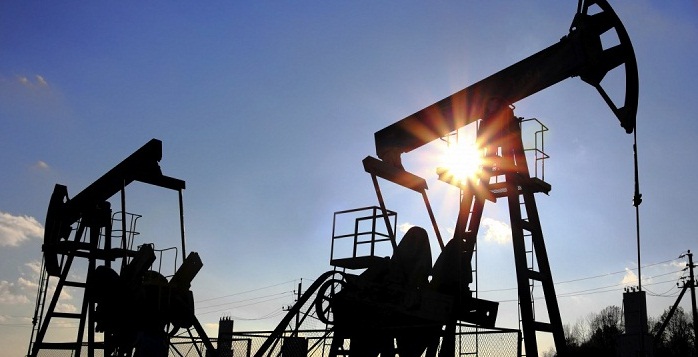“The first two objectives of either getting all the OPEC countries to collectively make production cuts or introduce participation of additional major non-OPEC countries, albeit not necessarily with a membership of OPEC, were to ensure that the burden of adjusting to market balances does not entirely fall on the Gulf Trio and Saudi Arabia in particular,” analysts said.
They also believe that the key issue to making a production cut at this time is the re-introduction of Iran crude to international markets.
“While the expected increase in supply is only 400,000 barrels per day year over year, any move to reduce supply by other OPEC members only creates additional room for these barrels and possibly creates a false image of a functioning cartel," said the analysts.
OPEC 2016 crude supply growth is expected at 0.8 million barrels per day (at 32.2 million barrels per day), driven by Iran, Iraq and Saudi Arabia.
OPEC oil supply in 2017 is expected at 32.3 million barrels per day. Next year’s crude supply growth is driven almost exclusively by the analysts assumption that Iran can lift production by a further 300,000 barrels per day.
OPEC has decreased oil production by 210,000 barrels per day in December, month-to-month, according to the OPEC latest report.
OPEC members produced 32.182 million barrels per day in December, including some 693,000 barrels per day, produced by new member, Indonesia.
Demand for OPEC crude in 2015 is estimated at 29.9 million barrels per day, an increase of 0.2 million barrels per day over the 2014 level. In 2016, demand for OPEC crude is forecast at 31.6 million barrels per day, some 1.7 million barrels per day higher than the previous year.
More about:
















































